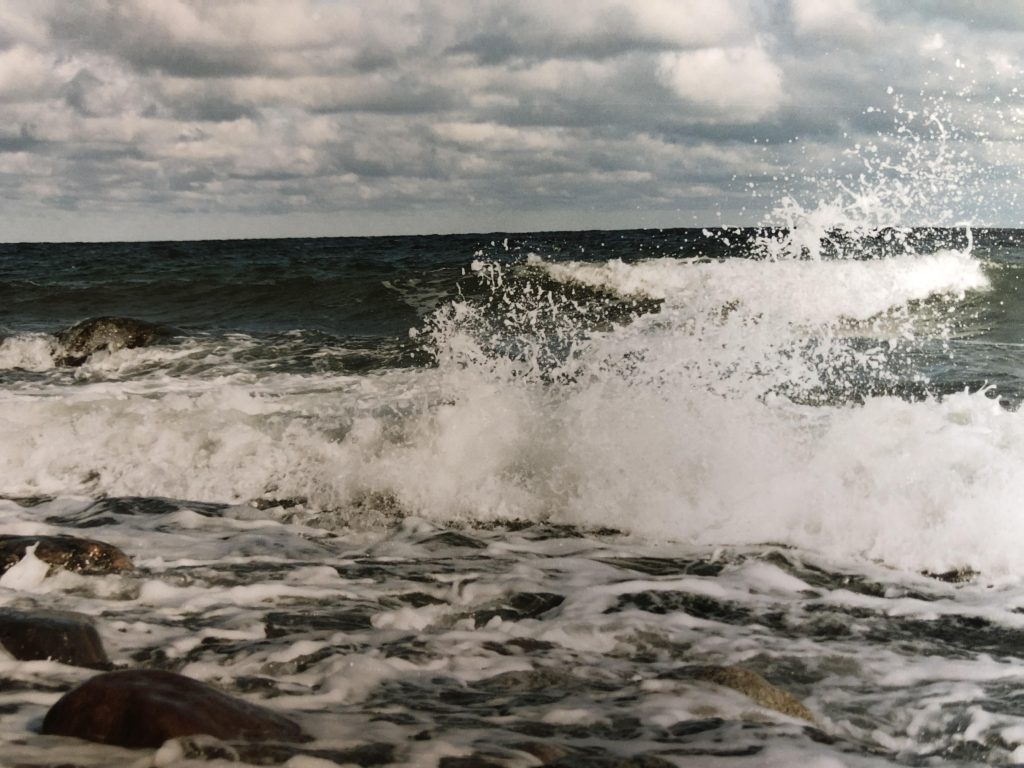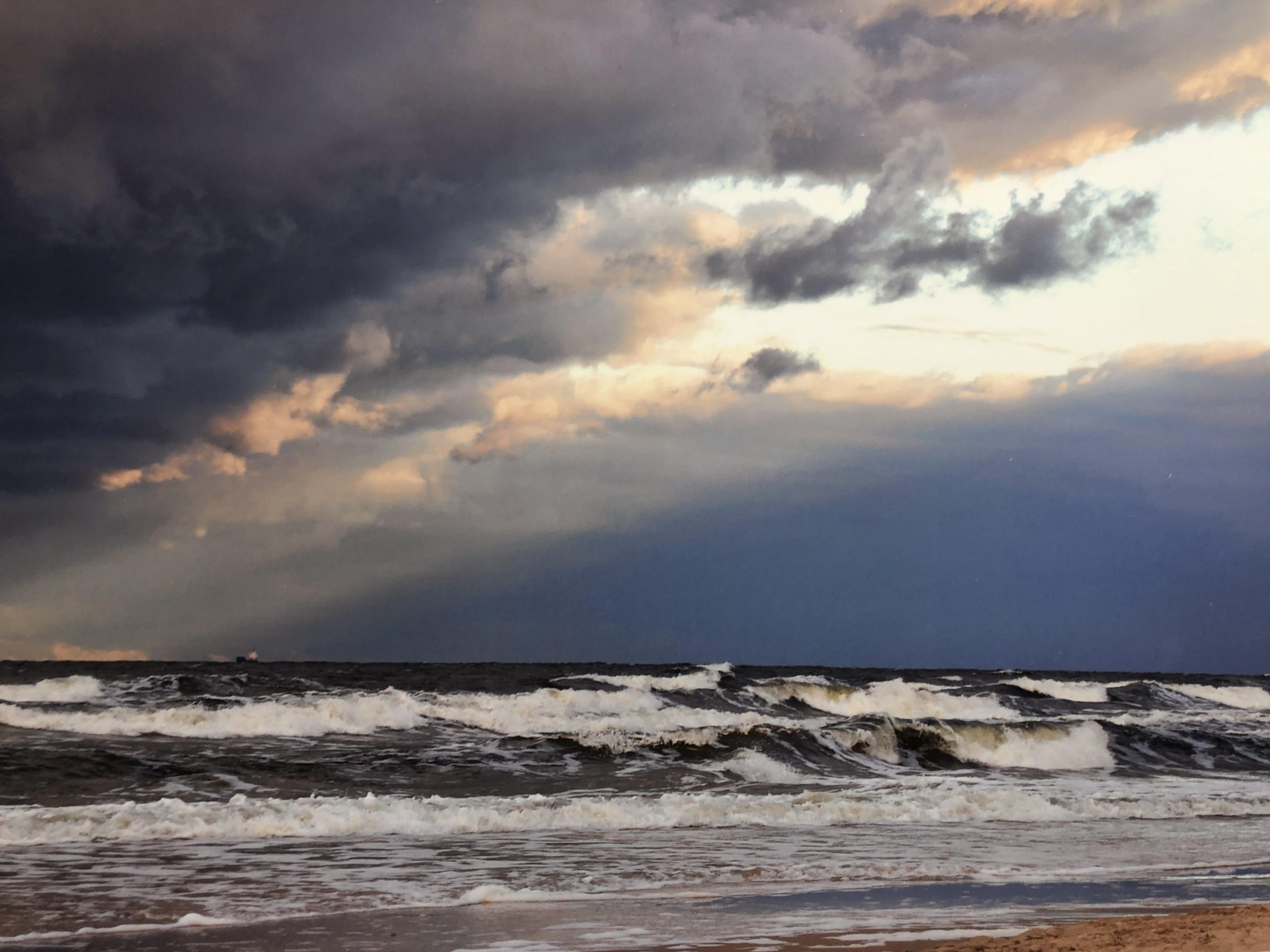On most days, the Baltic Sea appears to me like a children’s paddling pool compared to the wild, untamed power of the North Sea. We don’t know tides on MV’s coasts; we don’t have any huge noticeable waves or undercurrents here; our sensitive feet rest on fine, white sandy beaches when we go swimming in the summer. So I was always convinced that the Baltic Sea must be a little inferior in a competition for the most impressive sea on the German coast. However, there is one thing the Baltic Sea has over the North Sea; one thing that drives scientists and historians equally mad and keeps a secret that remains unsolved until these days: the legend of Vineta.
In case you’re not familiar with the legend, let me tell you about this great mystery hidden in the dark depths of the sea. Vineta is a dazzling metropolis – the Atlantis of the North, the Venice of the Baltic Sea. According to legend, Vineta was once an incomparable city with tremendous splendour very close to the German coast. Some say, it was the greatest city in Europe, even bigger than Constantinople. The people of Vineta traded with the whole world, and its ships brought the most precious and valuable goods from every continent. That’s why the towers of the city were all gilded, the town’s gates made out of ore; the bells, of silver. However, the richer the citizens got, the more arrogant and wasteful they became – they even let their pigs eat from golden troughs. Three days in a row, a reflection of the city appeared on the horizon – a clear sign of sure doom. Because of the ghost image, some of the old citizens became nervous and advised others to leave the city. But others didn’t listen and instead laughed. They even ignored the warnings from a mermaid, who appeared one morning in the sea to predict the imminent end of the city. Finally, on a terrible, gloomy November night and in a tremendous storm surge, the city sank to the bottom of the sea.
Now every now and then, the silver bells of the city are said to ring sadly from deep down in the sea and enchant careless listeners to follow them and drown. Legend also has it that every hundred years Vineta emerges from the sea to be redeemed by a child of fortune that spends a penny on its inhabitants.

As a child I was absolutely fascinated by this old fairy tale and even more amazed that Vineta very likely existed. Various independent historical sources from Germany, Denmark as well as from Poland prove that there must have been a prosperous city called Vineta somewhere in the 8th to 12th centuries – but likely without golden roofs and troughs. Various scientists have tried for years to locate the origin of Vineta, and several towns around the coast of MV have argued over who the actual neighbour of the city is (a very interesting aspect for tourist income …). Maybe Ruden or Koserow on the island Usedom? Or Wollin, a coastal town in Poland, where archaeologists found remains of a trading settlement together with historical Byzantine, Arabic, German and Wendish coins?
Who knows where Vineta will actually be found. Whenever I walk along the fine, white sand beach in Warnemünde, and the cooling waves play around my feet, I still catch myself looking longingly at the sea and now and then thinking of the legend. Is that really just a glitter on the surface of the water in the distance? Or maybe the top of a golden tower? Is that perhaps even the faint tinkling of silver bells I hear amid the gentle rush of waves? How cool it would be to be this child of fortune and hit the right beach at just the right time to rescue Vineta from its wet exile. I would definitely spend the penny and dance cheerfully through the splendid streets of the city with the happy citizens. But until then, I’ll be content with strolling along the beach, lost in daydreams.

